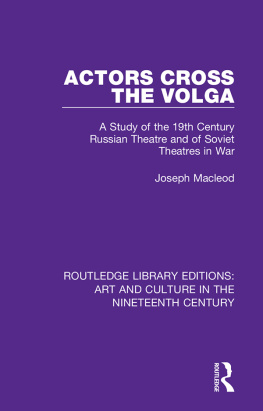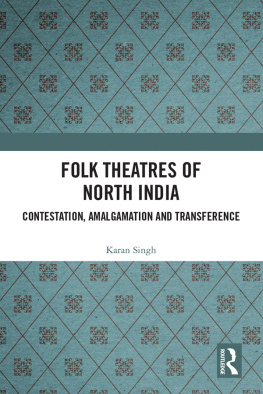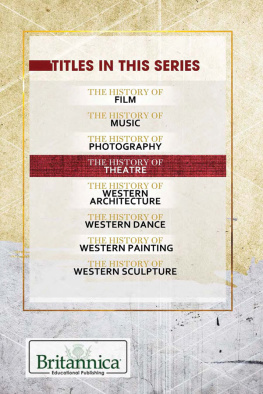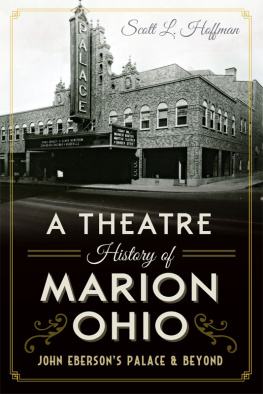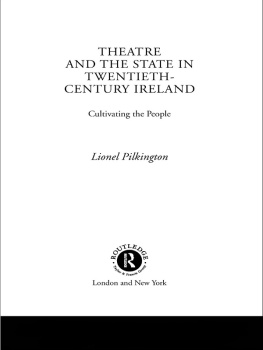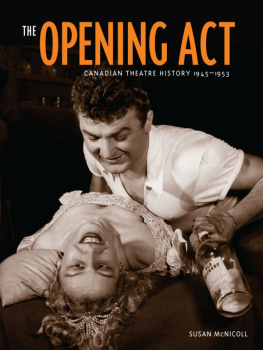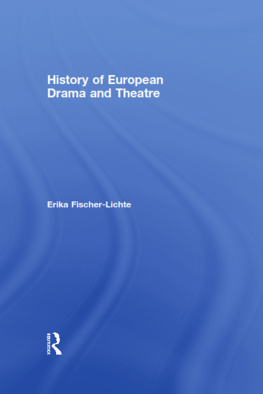Joseph Macleod - Actors Cross the Volga: A Study of the 19th Century Russian Theatre and of Soviet Theatres in War
Here you can read online Joseph Macleod - Actors Cross the Volga: A Study of the 19th Century Russian Theatre and of Soviet Theatres in War full text of the book (entire story) in english for free. Download pdf and epub, get meaning, cover and reviews about this ebook. year: 2018, publisher: Routledge, genre: Detective and thriller. Description of the work, (preface) as well as reviews are available. Best literature library LitArk.com created for fans of good reading and offers a wide selection of genres:
Romance novel
Science fiction
Adventure
Detective
Science
History
Home and family
Prose
Art
Politics
Computer
Non-fiction
Religion
Business
Children
Humor
Choose a favorite category and find really read worthwhile books. Enjoy immersion in the world of imagination, feel the emotions of the characters or learn something new for yourself, make an fascinating discovery.
- Book:Actors Cross the Volga: A Study of the 19th Century Russian Theatre and of Soviet Theatres in War
- Author:
- Publisher:Routledge
- Genre:
- Year:2018
- Rating:4 / 5
- Favourites:Add to favourites
- Your mark:
Actors Cross the Volga: A Study of the 19th Century Russian Theatre and of Soviet Theatres in War: summary, description and annotation
We offer to read an annotation, description, summary or preface (depends on what the author of the book "Actors Cross the Volga: A Study of the 19th Century Russian Theatre and of Soviet Theatres in War" wrote himself). If you haven't found the necessary information about the book — write in the comments, we will try to find it.
First published in 1946. In this study of Russian theatre, the author explores the developments of drama and the theatre throughout the nineteenth-century. Macleod examines imperial and serf theatres, the impact of Russian drama on the east and west, and the regeneration of theatre at the start of the twentieth-century. This title will be of great interest to students of Theatre Studies and Russian History.
Joseph Macleod: author's other books
Who wrote Actors Cross the Volga: A Study of the 19th Century Russian Theatre and of Soviet Theatres in War? Find out the surname, the name of the author of the book and a list of all author's works by series.

